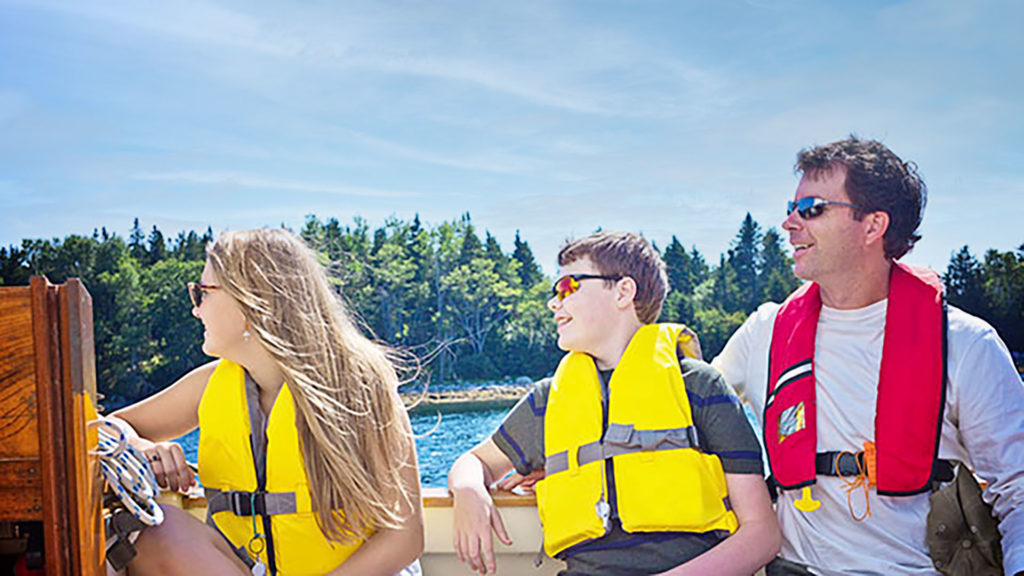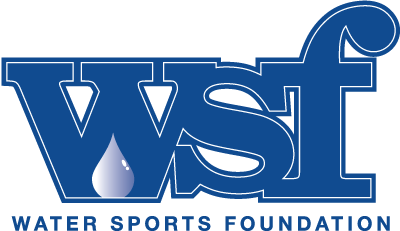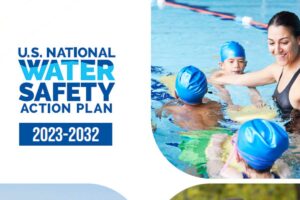
Boating safety courses contain a great deal of valuable information. Requirements and content vary by state so visit your state’s boater education web pages and check what boat safety courses are needed, if any. For example, Idaho and Alaska do not require boating safety education but in other states factors such as operator age and boat size may determine if required. Even if not required, here are four reasons to take boating safety courses.
1. NEW BOATER… OR BOAT
If you are new to boating, you’ll need all of this information. Think of boat safety courses like prepping for your boat driver’s license. This fundamental boating education will help with terms, rules, and awareness of what to do in various scenarios. And even if you have boating experience, if you’ve never taken boat safety classes, taking the course will ensure there are no legal issues. Or, if you happen to have upgraded to a new, larger class of boat, or perhaps a sailboat, then newly applicable, up to date information will be covered.
2. NEW BODY OF WATER
Rules and designations differ between some waterways. Not knowing this area’s specific information can be intimidating and dangerous. For example, there is a relatively small, but important addition (yellow square or triangle) found only on intercoastal waterway marker buoys and you need to know which side to pass and when.
3. SAFETY
Boat safety training courses can not only help prevent injury of the operator, but also passengers and others on or near the water, if you learn the rules, markers, and procedures. Boat safety equipment reminder lists are also included. Over 70% of all boating accidents are reported to be human error. Taking boat safety courses lessens that risk by helping to prepare for decision making if one of those anxious, “what if” moments occurs.
4. USER FRIENDLY
Some operators prefer in-person boating safety courses. Others prefer the convenience of an online boat safety course. I just completed the Pennsylvania online boating exams. This format allowed me to stop and start again when interrupted and fit it in around my schedule. Although some of the boat safety content would fall into the common sense category, other components helped prepare for larger boats and waterways. There also were instructions on knots and I was grateful for the interactive animations to practice. And practice. And practice.



